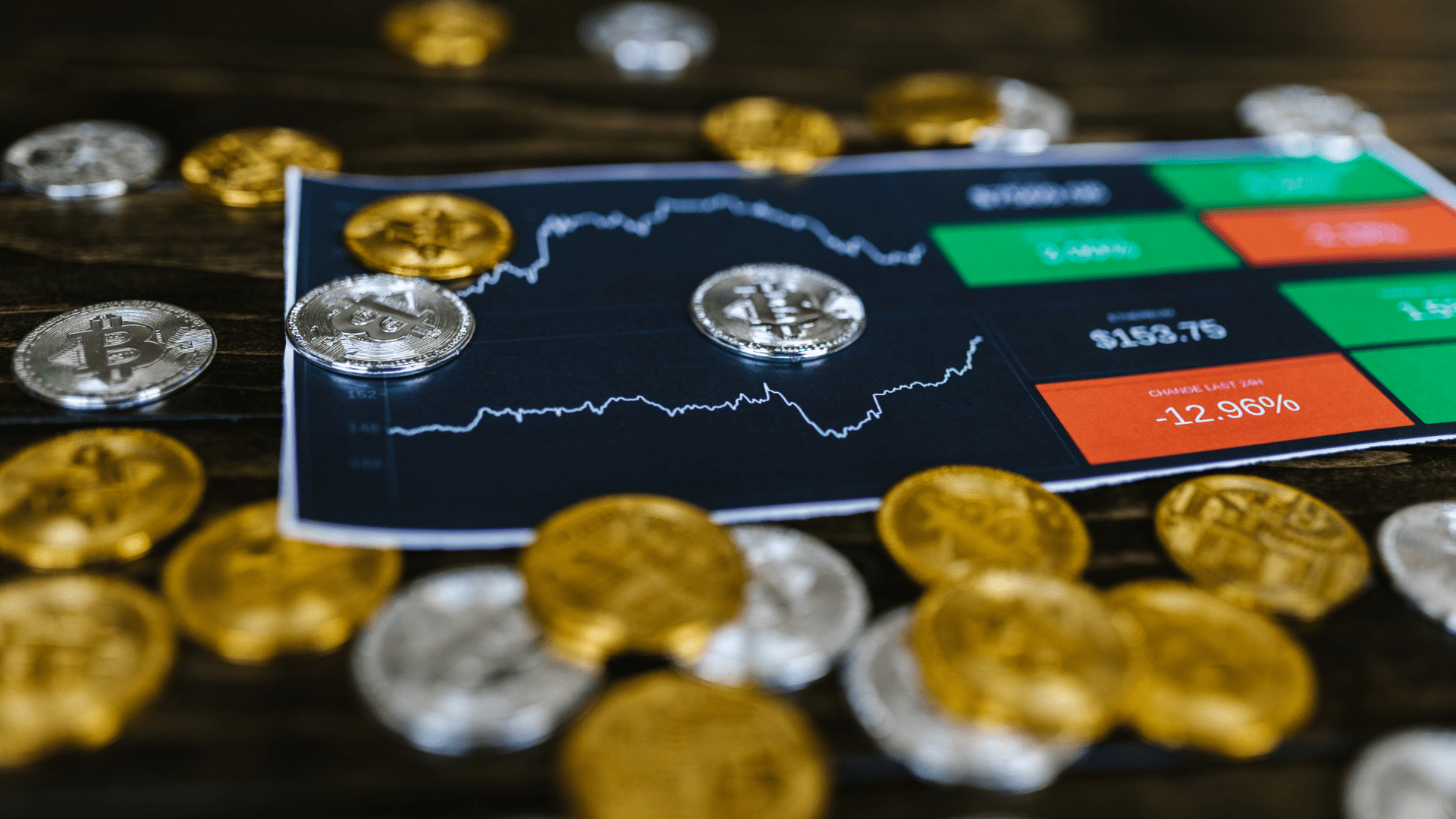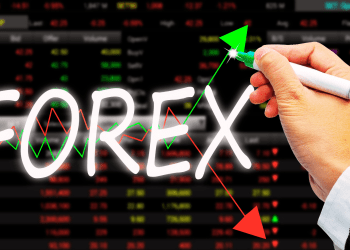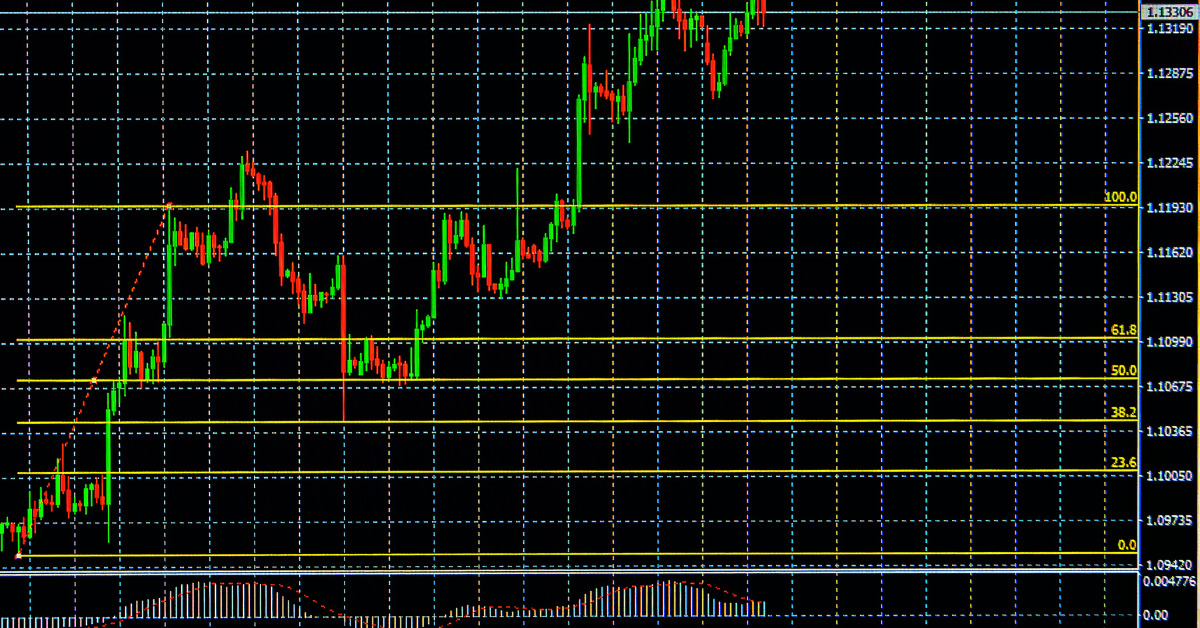Is forex trading legal in Australia? This article answers that question and much more. First, it’s important to understand that currency accounts are open twenty-four hours a day, five days a week. Also, Australian forex brokers are monitored and regulated by the Australian Securities and Investments Commission, or ASIC.
Negative balance protection is not mandatory in Australia
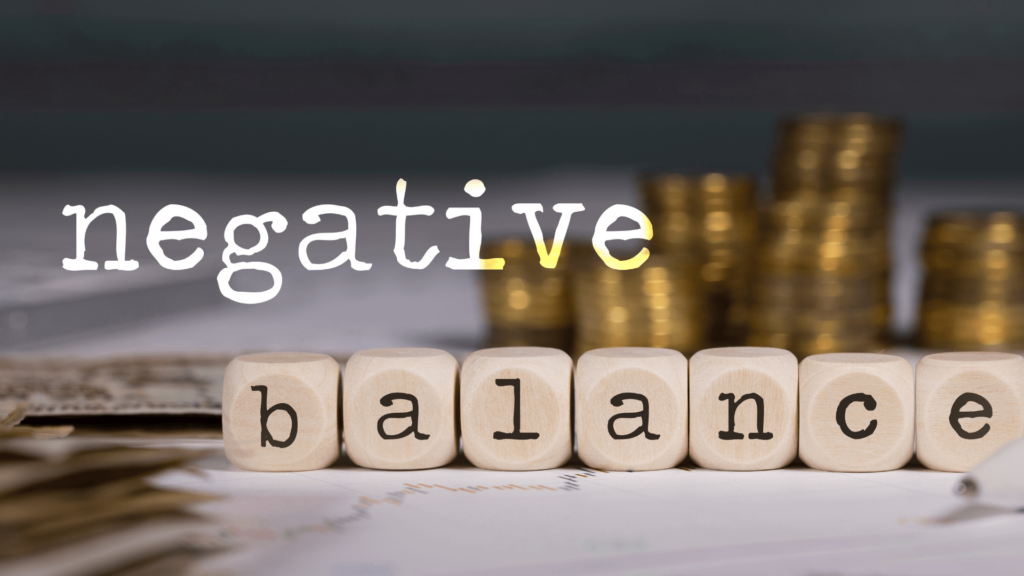
In order to make sure you are trading with a regulated broker, you should check whether their policies include negative balance protection. Many regulators have varying policies, so make sure you compare the policies offered by different brokers before making a decision. You may also want to consider whether the broker offers mobile applications and other extra features. ASIC has a list of all regulated brokers and their policies. Traders should read all the information on the policy to ensure they are receiving the best service possible.
The Australian Securities and Investments Commission has issued similar rules for the retail trading industry. As of March 29th, 2019, the Australian Securities and Investments Commission (ASIC) has required all regulated Forex brokers to offer negative balance protection. This protection means that if the trader loses all his or her money and property, the broker cannot recoup the entire amount of the trader’s money. This protection is mandatory for all Australian traders and is one of several new rules for retail trading.
While negative balance protection is not mandatory in Australia, some brokers offer it. Even though it is not required by law, this risk-management feature can provide a valuable safety net for traders. It ensures that traders do not lose more than they deposit and is an important feature for inexperienced traders. In any case, any trader would love to be protected from such unusual situations. Besides, the usual risk mitigation methods are not effective in these circumstances, so negative balance protection is a smart choice for any trader.
Negative balance protection is a great way to protect your trading account from going negative. A negative balance protects against losses of up to $5,000. This is essential for any trader that has a negative credit balance or has made mistakes. It is also a good idea for professional traders to consider this protection if they are unsure of the risks involved in the financial market. It is a good idea to ask any broker if their services include negative balance protection.
Retail traders need to be protected against losing more money than the funds they have in their accounts. The rules apply to all MiFID investment firms and are similar to the regulations in Australia. Negative balance protection is not required for professional traders, but it is important to check individual broker policies. A broker must be able to offer this protection.
XM broker is one of the top brokers that offer negative balance protection. Below are some of the top brokers we have reviewed.
[ninja_tables id=”6695″]
Currency accounts are open 24 hours a day, 5 days a week
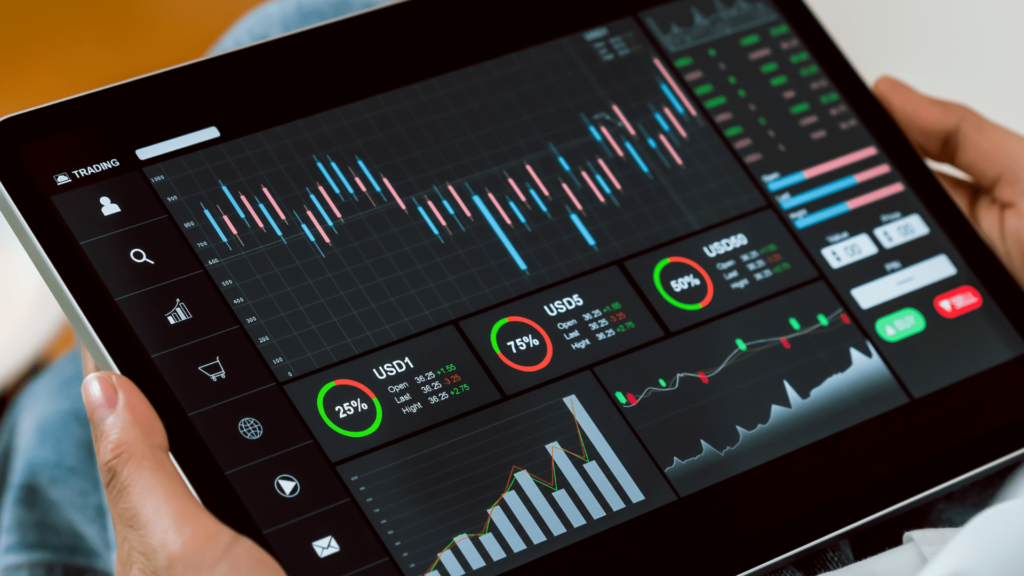
Currency accounts are available for Australian residents and foreign nationals. Australians can open a Foreign Currency Account from any of the participating Australian banks. Australian banks are open twenty-four hours a day, five days a week. For Australian residents, it is convenient to have an account that is open around the clock. Foreign currency accounts are subject to government duties and taxes, though these fees are not typically applied to deposits. Withdrawals may also be subject to withholding tax, and you can ask for more information by calling 132 032.
Australia’s financial institutions are implementing a new payment infrastructure to facilitate 24-hour, five-day-a-week payments. The Fast Settlement Service (FSS) was launched two years ago and enables 90 financial institutions to make fast payments 24 hours a day. Customers can nominate a payee, which helps ensure payments are processed quickly. With fast payments being made possible by the NPP, the RBA has positioned itself to introduce innovative new payment services for Australians.
Australians can also access their foreign currency accounts through a Foreign Currency Account. These accounts are typically open twenty-four hours a day, five days a week. They are also open around the clock, which makes it convenient for busy Australians. Moreover, they’re open seven days a week – so you can get your money at any time. And the best part? Currency accounts are available in Australia round the clock!
A Foreign Currency Account can be linked to your Australian dollar bank account. However, you should remember that these accounts are not designed for frequent currency trading or speculative activities. A Foreign Currency Account is primarily intended to assist you in your travel needs and is not linked to a prepaid travel money card or credit card. It also cannot be held by a third party or linked to a pre-paid travel money card.
If you need to exchange your foreign currency for Australian dollars, Westpac is a good option for Australians. The bank can convert the foreign currency at current exchange rates and deposit the funds in Australian Dollar accounts. Depending on your preference, you may have to pay fees for foreign currency transfers. There’s also a possibility that a foreign currency account will be subject to a spread to the exchange rate, but Westpac will explain all these charges to you on request.
Australian forex brokers are authorized, monitored, and regulated by the Australian Securities and Investments Commission (ASIC)
Australian brokers are monitored, supervised, and authorized by the ASIC. In response to the COVID-19 pandemic, the regulator strengthened regulatory protocols and mandated brokers to increase margin stop-out levels and cap leverage. They also required them to implement other measures to protect their retail client base. But how do you tell which Australian forex broker to choose?
Before you choose an Australian forex broker, you should find out whether they have an ASIC-regulated trading license. You can do this by visiting the ASIC website. Brokers with ASIC authorization are required to hold separate accounts for the funds of traders. This helps keep traders’ funds separate if the broker is unable to pay its expenses. Moreover, all brokers must have a minimum of $1 million in capital reserves.
ASIC-regulated brokers also offer a range of services including demo accounts. Demo accounts and educational tools are vital components of an ASIC-regulated broker’s services. They also offer a range of training and educational tools. Unlike the unregulated ones, ASIC-regulated brokers do not disappear overnight. They must continue to generate enough business to pay for their costs. Some even offer premium research services, while others focus on their trading infrastructure.
Australia leads the world when it comes to smartphone use. In fact, only 12% of adults in Australia do not have smartphones. With mobile apps and software for regular browsers, brokers have made trading more convenient than ever. The broker is also strict on who can trade CFDs. Ultimately, Australian traders can choose an Australian forex broker with greater security, lower fees, and more transparent operations.
ASIC-regulated forex brokers are a safer bet than offshore brokers. ASIC-regulated Australian forex brokers are regulated by the Australian Securities and Investments Commission (ASIC). ASIC-regulated Australian forex brokers follow a strict code of conduct, and the ASIC regularly monitors them for fraud and other financial problems. They are also required to publish a disclaimer about market risks. Unfortunately, many retail investors lose money while trading, but with proper market research, in-depth knowledge, and independent advice, the risk of losing money is mitigated.
ASIC-regulated Australian forex brokers operate from an Australian base. ASIC monitors and regulates the FX industry in Australia and issues licenses to financial services companies. ASIC-regulated Australian forex brokers offer tight trading spreads, free SMS trade alerts, and online live classrooms. The Australian government also regulates foreign currency exchange brokers. It is therefore imperative that you select an Australian forex broker who is regulated by ASIC.
If you’re an Australian resident looking to trade in the forex market, you’ll be glad to know that Australian brokers are regulated and monitored by ASIC. The ASIC also has strict rules regarding leverage, making trading in Australia as safe as possible. It also regulates the trading volume of Australian forex brokers. In other words, Australian forex brokers follow the same rules as foreign currency brokers.

